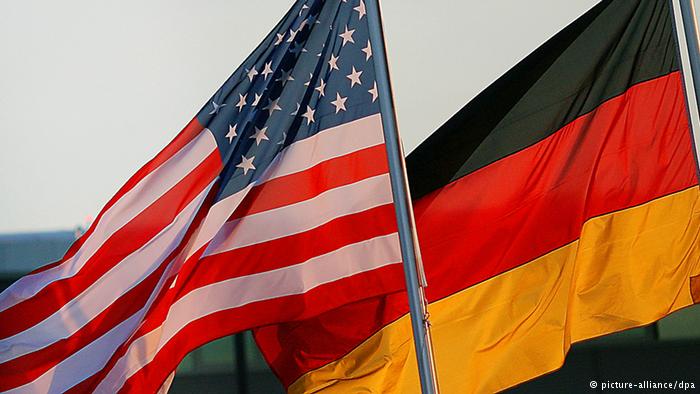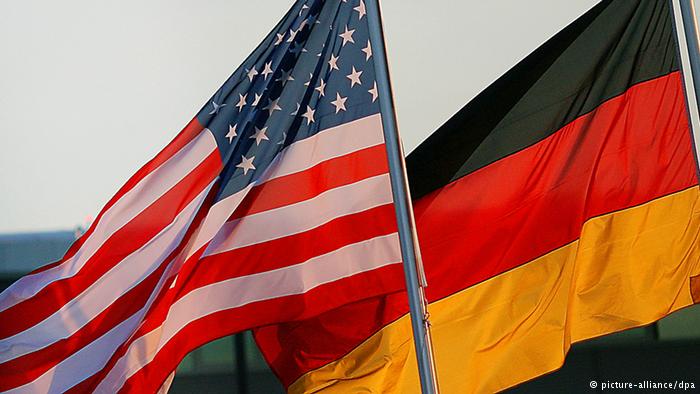
I just returned from a week in Berlin—a lively city teeming with people. There is a whiff of spring in the air and the outdoor cafes have begun to crowd the sidewalks with the European buzz that Berliners uniquely create.
But along with good cheer is a damp residue from this past year’s revelations by Mr. Snowden that the American government has been eavesdropping on conversations between German officials including listening to the phone of Chancellor Angela Merkel. A post-NSA hangover has left German intellectuals reeling and ordinary citizens confused and angry. Even the biggest supporters of Atlantic relations have found themselves challenged to defend a kind of surveillance and intrusion so antithetical to modern day Germany.
My trip was an opportunity to practice public diplomacy, which involved meeting with national security experts, academics, and a large contingent of students from multiple countries spending a semester in Berlin. It reinforced for me the importance of face-to-face contact and person-to-person dialogue to listen to the point of view of others.
Virtual diplomacy is great; E-exchanges are useful. But nothing beats sitting around a table, handing a physical business card to a new colleague, and chatting at coffee breaks about family and friends. Emotional setbacks in relationships have real consequences and they are best dealt with in human settings as opposed to on line.
The U.S.-German relationship is at a critical inflection point. We need one another to confront the situation in Ukraine and to find common ground so that American-European-Russian relations do not lead all of us down a dangerous path.
In addition to Ukraine, our countries face common challenges around energy, finance, trade and the growing influence of China. We have multinational trade deals at stake, like the Trans-Pacific Partnership, and monetary policies with impact on one another’s fiscal stability. Not to mention climate change, terrorism, and the problems posed by failing states around the globe.
In the end, I think US-German relations can weather the storm. Pragmatism tends to prevail in both countries. A crisis often brings partners closer together, and for us, decades of close relations. But this relationship, like all relationships, takes commitment on both sides and a willingness to meet, talk, debate, discuss and disclose on the public side to deepen diplomacy.

